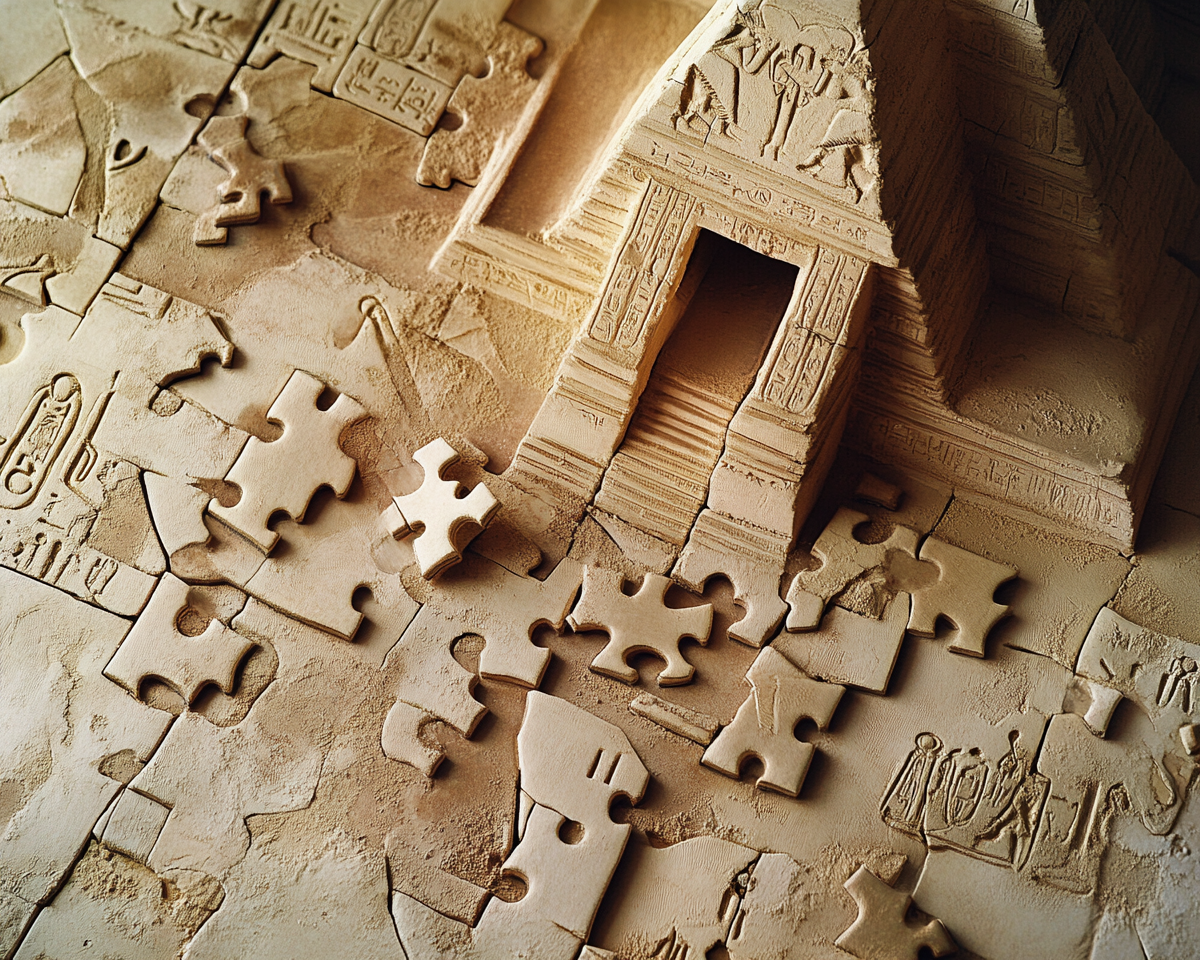The Psychology Behind Why We Love Solving Puzzles

There’s something undeniably satisfying about solving a puzzle. Whether it’s piecing together a jigsaw on a rainy afternoon, cracking a crossword clue, or navigating a room full of cryptic locks and codes, the moment everything clicks into place sparks a rush of joy that feels primal. But why do our brains crave these challenges so much?
It turns out, the allure of puzzles runs deeper than simple entertainment. Engaging in problem-solving activates the brain’s dopamine reward system, the same circuitry associated with pleasure, motivation, and learning. Each small win nudges our brain to seek more, reinforcing a loop that’s both stimulating and addictive in the best way possible.
This might explain why immersive puzzle experiences like The Great Escape Room have skyrocketed in popularity. These real-life mystery games tap into our love of discovery and logic, layering in the thrill of time pressure and teamwork. Whether you’re escaping from a Victorian-themed mystery or decoding clues in a Sherlock-inspired study, it’s the perfect cocktail of challenge and play.
Beyond fun, puzzles are also powerful cognitive tools. Studies show they can improve memory, spatial reasoning, and even emotional regulation. According to a Harvard Health article on brain health, regularly challenging your brain through problem-solving activities can help delay cognitive decline and keep your mind sharp well into old age.
So next time you find yourself knee-deep in a riddle or planning your next escape room adventure, remember: you’re not just having fun. You’re giving your brain the mental workout it loves—rewarding, challenging, and deeply human.


